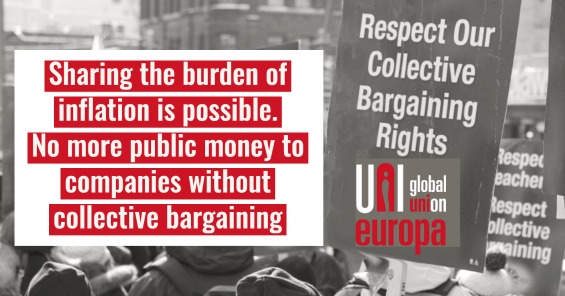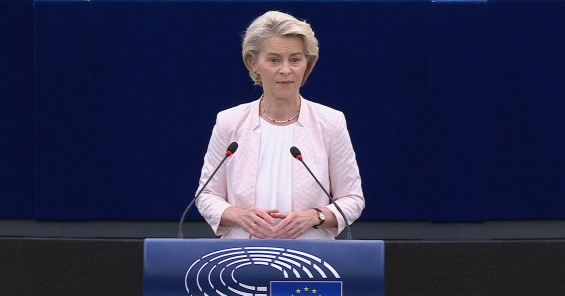No public procurement without a collective agreement
Some highlights from UNI Europa's ongoing campaign
#ProcuringDecentWork

|
You may also be interested in

Von der Leyen’s public procurement reform must lift workers’ living standards
19.07.24
Press Release
Meetings & Events
2024
10
Sep
Protected: UNI Europa FATIMA Project – 3rd Steering Group Meeting – 10 September 2024
Commerce
ICT & Related Services
Property Services














